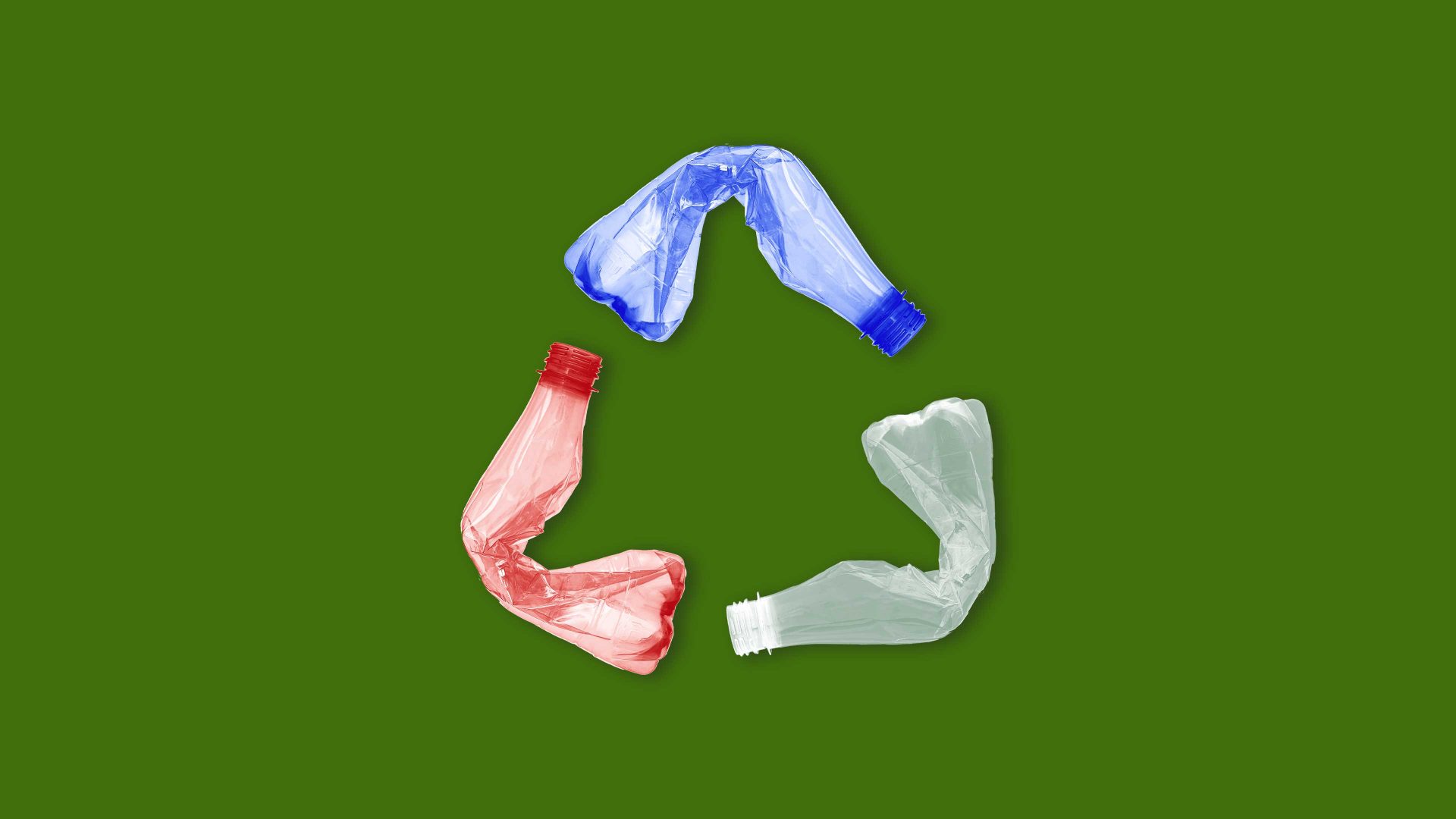It’s always nice when the foreign press catches on to how great the place where you live is. Feels like you’ve made the right decision.
Last year, a French law banning fast-food chains from giving single-use utensils to dine-in customers made headlines around the world. The move was just the latest iteration of la loi anti-gaspillage, (anti-waste law) that progressively bans single-use products, with the goal of phasing them out completely by 2040.
There have been some small noticeable changes. For instance, the stick that connects each end of the cotton buds my girlfriend uses to clean her ears is now made of cardboard.
Though for the most part, while I am a fan of McDonald’s satisfying-looking new fries containers, away from the golden arches I have seen virtually no evidence of France’s celebrated anti-waste laws in action.
A new rule means that handing out sales receipts is no longer obligatory for vendors. Initially, it was meant to go into force on January 1, before being postponed until April 1. Then it got postponed a second time – the law officially went into force on the first day of August. Except it didn’t, really.
All my local shops in Montreuil, they still give out les tickets caisses. In the Monoprix, a supermarket chain with a branch close to my house, you have to print out a receipt that you then scan to get out of the self-checkout section. They seem to have ignored the law altogether.
After banning plastic plates, cups and cotton buds in 2020, the law came for disposable drinking straws, cutlery, drink stirrers, confetti, plastic bags and Styrofoam takeaway boxes.
However, visit any local market or kebab shop outside the centre of Paris and you’ll see how little effect it has all had. At the bustling Croix de Chavaux market, the fruit and vegetables are all on sale in plastic bags.
In a recent column in the Guardian that did the rounds on social media, George Monbiot hailed France’s policy achievements. Monbiot cited laws such as the mandate that supermarkets allow people to bring refillable containers, and charge lower prices when they do. Well, my local supermarket, a Carrefour, had a good go at trying to improve its refilling station. Within a couple of months, it gave up.
Other new regulations have run into other problems. A law passed in January 2022 said that any establishment receiving more than 300 visitors should be equipped with drinking fountains to prevent the public from buying plastic bottles.
Summer festival-goers I’ve talked to have said that some – not all – events did indeed have drinking fountains, but that it didn’t matter because the event organisers didn’t let people bring bottles in with them in the first place. Organisers worry people will fill them with booze or throw them into the air during concerts.
When I have brought this up with French friends or colleagues, they say that it takes people time to change their habits and that behaviour will always lag policy.
Another friend raised the point that there is a socialist instinct in France to leave poorer people alone when it comes to stuff like this. “They have it hard enough,” he said.
In May, in a much-criticised speech about French industry, Emmanuel Macron called for “a European regulatory pause”.
“We have already passed many environmental regulations at the European level, more than other countries,” he said. “Now we should be implementing them, not making new changes in the rules, or we are going to lose all our [industrial] players.”
In France, it seems, businesses, societies and individuals move slower, sometimes a lot slower, than lawmakers.



